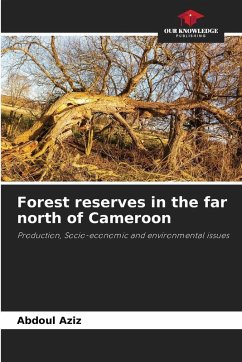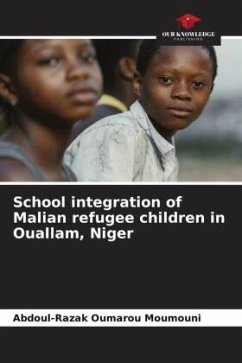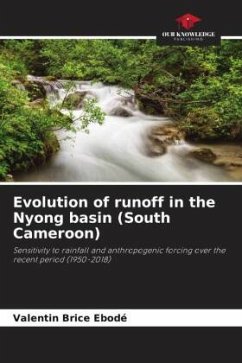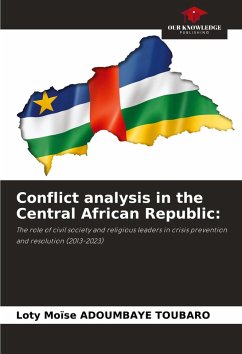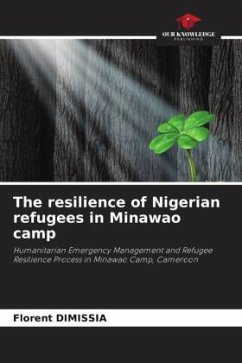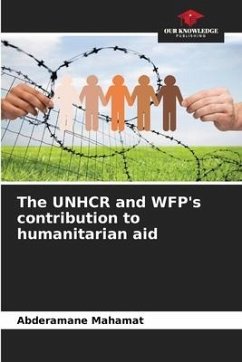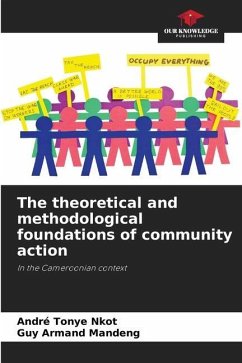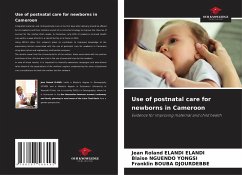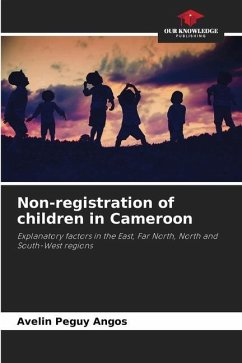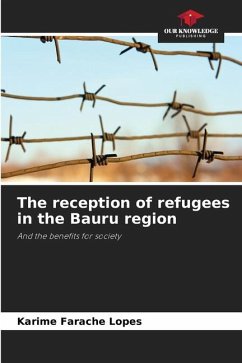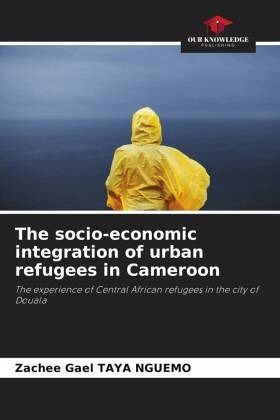
The socio-economic integration of urban refugees in Cameroon
The experience of Central African refugees in the city of Douala
Versandkostenfrei!
Versandfertig in 6-10 Tagen
41,99 €
inkl. MwSt.

PAYBACK Punkte
21 °P sammeln!
This study examines the socio-economic integration of Central African refugees in the city of Douala. It specifically examines the normative framework that guarantees their protection and assistance in Cameroon. At the same time, we questioned the contribution of the actions carried out by the public authorities and humanitarian organizations to the improvement of their living conditions. It appears that the normative framework for the protection and assistance of refugees is favorable to their integration in Cameroon. In addition, the actions taken by the public authorities and humanitarian o...
This study examines the socio-economic integration of Central African refugees in the city of Douala. It specifically examines the normative framework that guarantees their protection and assistance in Cameroon. At the same time, we questioned the contribution of the actions carried out by the public authorities and humanitarian organizations to the improvement of their living conditions. It appears that the normative framework for the protection and assistance of refugees is favorable to their integration in Cameroon. In addition, the actions taken by the public authorities and humanitarian organizations contribute to their integration in the economic capital. However, these actions remain insufficient to ensure their full development. To integrate, the vast majority of refugees work in the informal sector and a minority in the formal sector. The income from their activities is, for the most part, very low and does not allow them to live decently. They face difficulties in accessing housing, food, health care and keeping their children in school.



